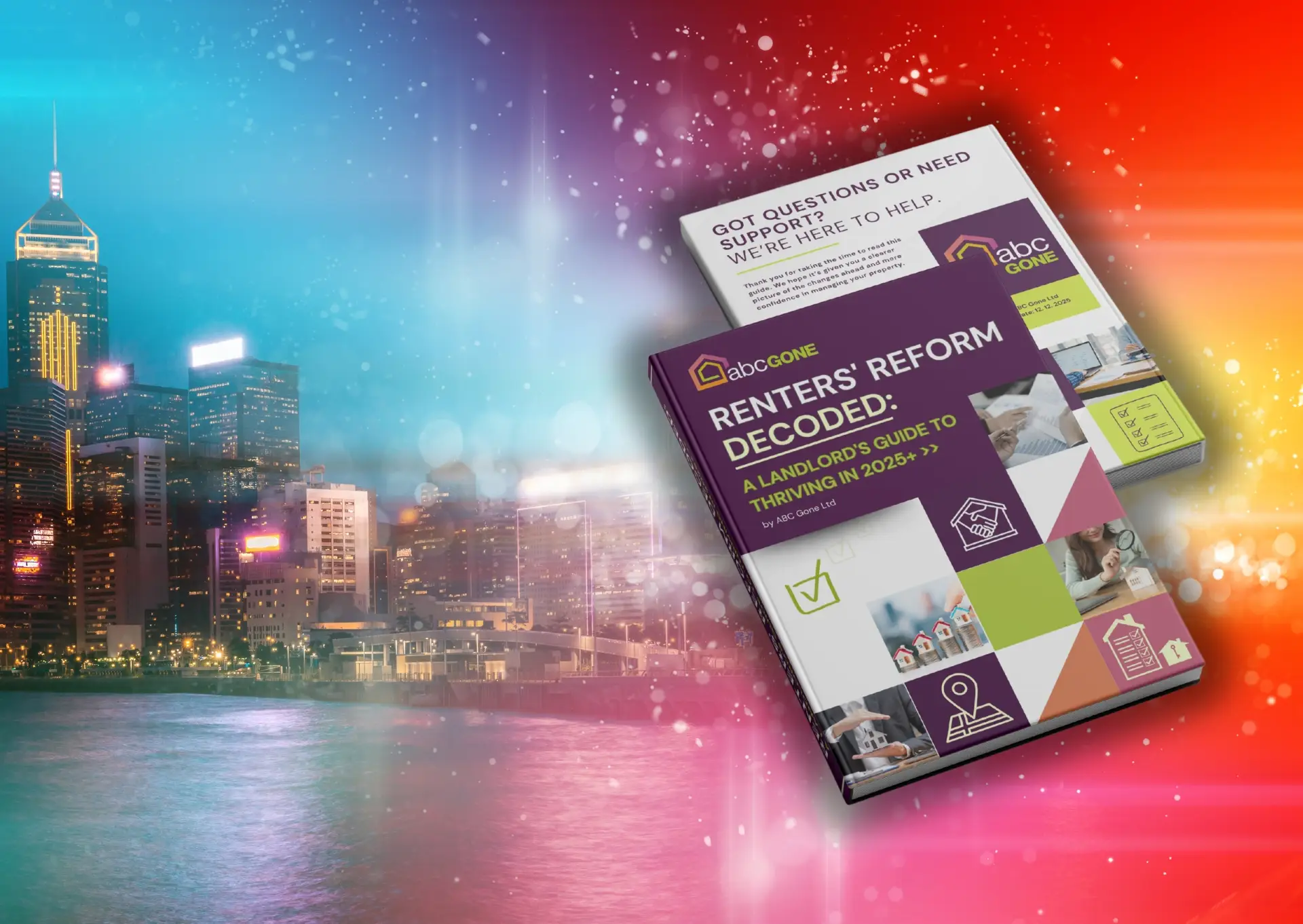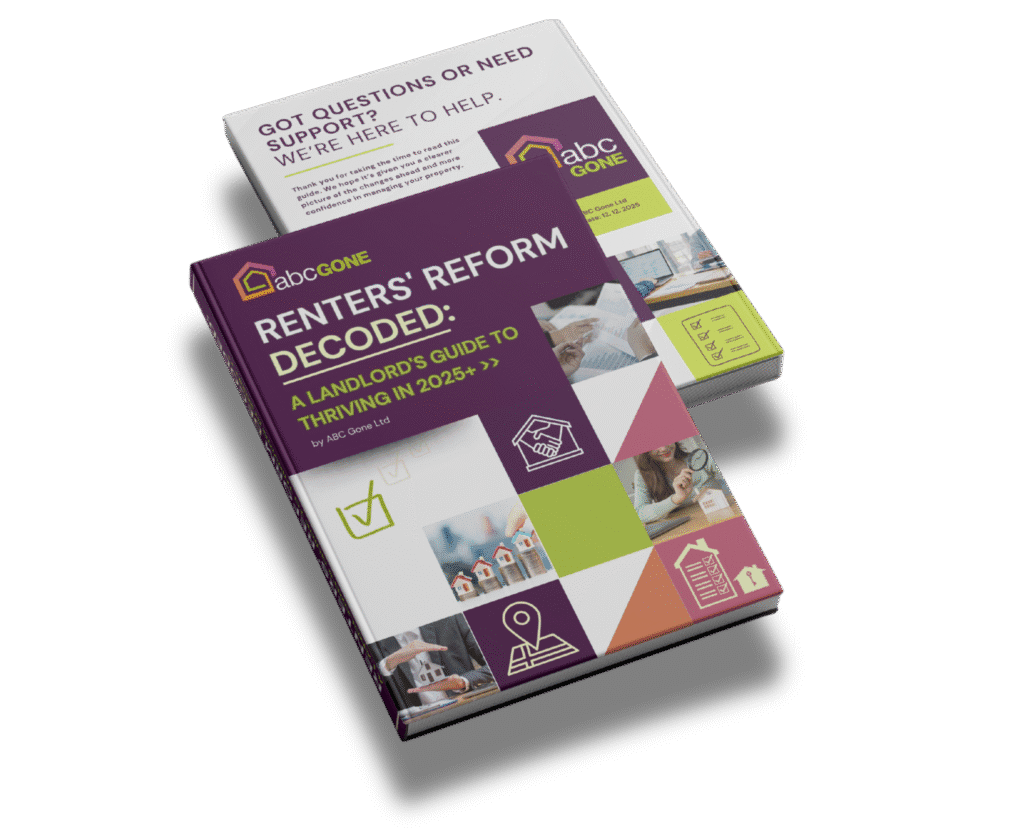If you’re a new buy-to-let landlord, it’s a good idea to understand the law about when you can – and when you can’t – end a tenancy under UK law. This article will help you know exactly how much notice you must give for different tenancies.
If you’re a landlord in the Romford, Dagenham, Hornchurch, Rainham & Upminster areas, we can offer you tailored advice about ending tenancies and talk you through the process.
Be aware: the government plans to reform eviction law in 2023
The government intends to eliminate Section 21 notices (for ‘no-fault’ evictions) in 2023 and replace them with a new system that strengthens Section 8 notices. You don’t need to take action now, but you should stay up to date with the latest news. You can read more about the changes here.
Ending a tenancy
Currently, if you want to end a tenancy – either because your tenant has caused a nuisance or you just want the property back for your own use – you need to follow specific procedures and give notice to your tenant in a particular way, issuing them with the correct information and warnings.
How much notice does a landlord need to give?
The notice period is different depending on the type of tenancy agreement. If you’d like to reclaim your property, you must give tenants written notice, including a deadline to vacate the property. Different tenancies have their own rules and regulations, outlined below.
Assured shorthold tenancies
Most tenancy agreements in England are Assured Shorthold Tenancies (ASTs). If your tenant has signed an AST, you can take back your property without giving a reason by serving a Section 21 notice – sometimes called a no-fault eviction.
You can do this if:
- It is at least six months after the original tenancy began (the one they signed on first moving in).
- It is a rolling tenancy or periodic tenancy.
- The tenancy agreement’s fixed term will have ended by the time your tenant leaves the property.
To be able to serve a Section 21 notice, you must have protected your tenants’ deposit in a deposit protection scheme.
You must give your tenant written notice that you want the property back – sometimes called a ‘notice to quit’, including the date you want them to leave. To do so, you must give tenants two months’ notice to leave the property.

Ending a fixed-term tenancy
If your tenant has broken the terms of their tenancy agreement, such as by failing to pay rent or using the property for illegal purposes, you can ask them to leave at any point by serving a Section 8 notice. In this case, the notice period may be shorter, depending on the reason for eviction, for example, in cases involving anti-social behaviour or domestic violence. You can find more information about reasons for seeking possession on the government website.
Break clauses
If you inserted a break clause in the tenancy agreement, you can give your tenant notice once this point has passed. But you still do not have a guaranteed possession right during the tenancy agreement’s first six months.
Excluded tenancies or licences
If your tenant is a lodger, who lives in the property with you and shares some of your rooms, such as a living room or kitchen, this is called an excluded tenancy or licence. In this case, you must give your lodger ‘reasonable notice’ to quit. Reasonable notice is usually taken to mean the length of your rental period – so if you collect rent monthly, you’ll need to give one month’s notice.
What can I do if my tenant refuses to leave?
If your tenant refuses to leave the property after the notice period has elapsed, you must begin the eviction process by getting a court order. You can’t take steps to evict them yourself; by changing the locks or removing their possessions, for example. This would be classed as an illegal eviction, putting you on the wrong side of the law and making it harder for you to get them to leave by legal means.
Are there faster ways to evict a tenant?
Yes, sometimes you can use an Accelerated Possession Order (APO) to speed up the process. If approved, you won’t have to attend a court hearing and face extra delays (though you must still pay a court fee). Read our article on evicting a tenant without going to court for more information.
To obtain an APO you need to give your tenant a Section 21 Notice, with at least two months’ notice to vacate the property. You can apply for an APO using the N5B form if they don’t leave by the deadline. The court reviews the application and, if everything is in order, issues an APO without the need for a hearing.
You can apply for an APO if:
- The Assured Shorthold Tenancy began on or after 1st October 2015.
- There are no unresolved complaints about the property from tenants.
- You have fulfilled your legal requirements (e.g., providing an EPC certificate).
If you are a new landlord looking for advice about all aspects of renting out a property in the London Borough of Havering and the surrounding areas, including serving notice on your tenant, we can help. Contact us now to find out more about the services we offer.





